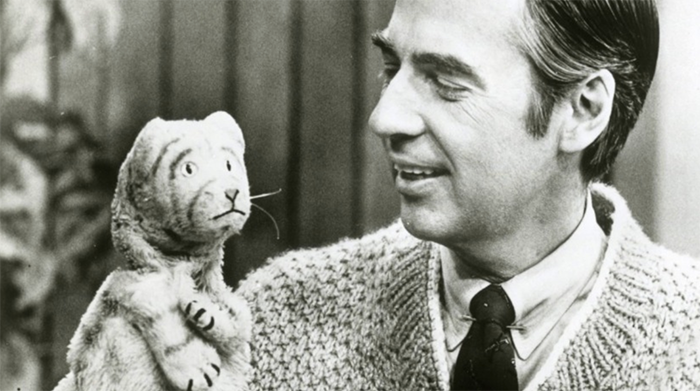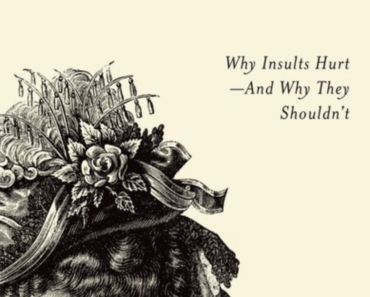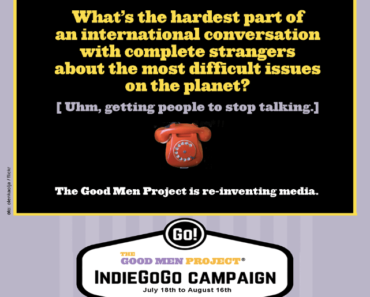
—
When I was 4 and 5 years old at my parents’ babysitter’s home, I’d watch “Mister Rogers’ Neighborhood” on TV every afternoon on Channel 11. Mr. Rogers was this tall lanky guy, who wore a red sweater, and laced canvas shoes. I don’t recall any particular episode. Yet, although he was on television I always got the sense that he was actually talking with me. He was kind. He never raised his voice. He always said, “I like you, just the way you are.”
For the kids watching like me, Mr. Rogers was like your best grownup friend. He made you feel safe. You got that you mattered.
That’s the inherent wonder and beauty of Director Morgan Neville’s “Won’t You Be My Neighbor?”: the documentary of the life of Fred Rogers and his legendary children’s show. When “Mister Rogers’ Neighborhood” launched in 1968, it pretty much revolutionized children’s educational TV programming. Surprisingly, its unlikely star Fred Rogers was the unassuming ordained Reverend, who single-handedly transformed as the iconic advocate for kids.
Morgan’s touching reveal in “Won’t You Be My Neighbor”: Fred was the kind decent man off-screen too. In an interview, Fred says, “Love is the root of everything…” And so is the absence of love as well.
“Mister Rogers’ Neighborhood” was the virtual advent of the Public Broadcast System, PBS. During the Nixon Administration, Fred Rogers saved the network in his poignant testimony before Congressional Committee, securing $20 million in funding. “Mister Rogers’ Neighborhood” and Fred sourced innovative Children’s TV Education for years to come.
“Mister Rogers’ Neighborhood” was campy sets and hand puppets. Some guy talked with kids wearing a sweater in his home. What made “Mister Rogers” so revolutionary: Fred talked to kids at his level. He never talked down. Fred respected kids enough to talk thoughtfully about racial prejudice, death, and divorce. Above all Fred taught kindness and compassion. He let us know as kids that we were okay just the way we were.
Fred had a wife Joanne and two sons Jim and John. All recall their memories of Fred, perhaps lending a glimpse into what made the man. Joanne’s late husband was the love of her life. She said of both their childhoods, “You weren’t allowed to be angry.” Fred mentions his Mom in his youth, but not his Dad. I got it. Like Fred or me, sometimes we have to forgive those we love, when we commit to making a difference for others. Fred Rogers did so, making a profound difference for generations of children.
The 60’s and 70’s were the great social and cultural reckoning, not unlike what we seemingly experience with #Metoo, shootings in our schools, or the displacement of immigrants. Back then that soft spoken man in the sweater all gave us hope, that people for the most part were good and can be kind given a choice. Fred was not only an advocate for children, he was an advocate for humanity. Love and compassion can save the world, when you believe.
There’s a powerful scene where Fred sings a song with a boy in a wheelchair. The boy had a tumor when he was a baby which stunted the growth of his limbs. Prior to his major surgery, he had asked his parents if he could meet his Hero Mr. Rogers. Singing together at the boy’s level I witnessed Fred’s profound heart in my tears. Fred loved all people. He wanted the best for everyone.
Political climates change. Some blamed the apparent emerging “entitlement” culture on Fred’s message that you are fine just the way you are. Perhaps, they did not actually get Mr. Rogers’ real memo.
In Fred’s last delivered University Commencement speech he said, “You don’t have to do anything sensational to be loved.” That’s what he stood for. We should all like everyone exactly the way they are. Like Fred said, “Love is the root of everything.” “Won’t You Be My Neighbor” poignantly reminds that we too can all be greater. Perhaps, like Mister Rogers.
—
Originally Published on IMDb
The post Won’t You Be My Neighbor? A Movie About Kindness and Compassion appeared first on The Good Men Project.
(via The Good Men Project)







